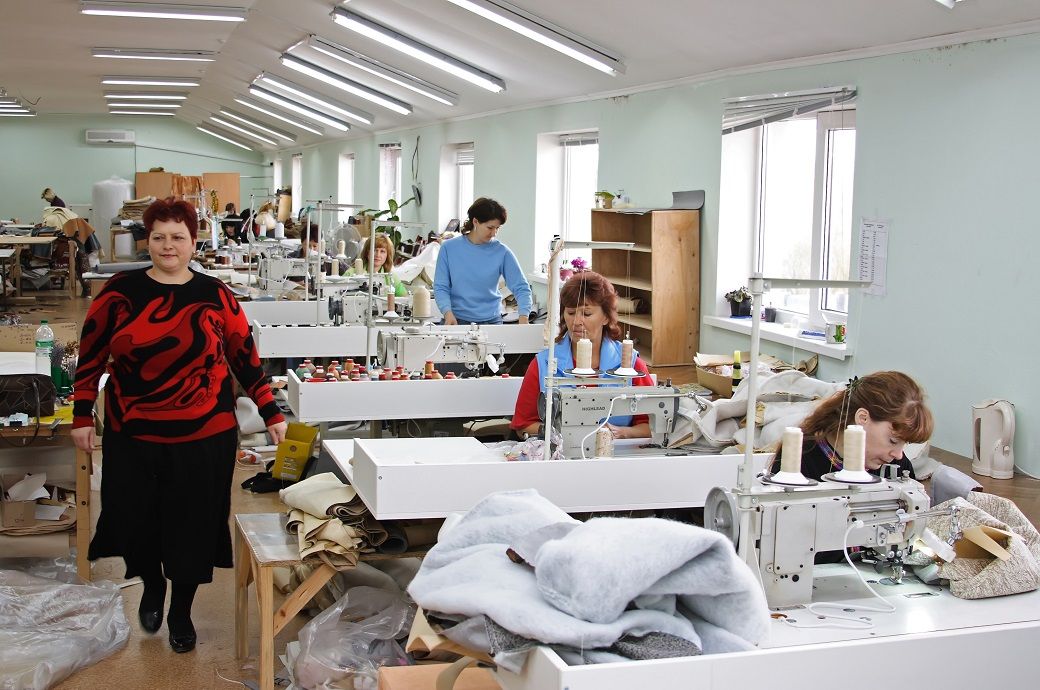In the European Union (EU), the employment rate of people aged 20–64 stood at 74.7 per cent in the third quarter (Q3) of 2022, stable compared with Q2 2022. The labour market slack, which comprises all people who have an unmet need for employment, amounted to 11.5 per cent of the extended labour force aged 20–64 in Q3 2022, also stable compared with Q2 2022.While the employment rate remained stable in the EU, changes between Q2 2022 and Q3 2022 were observed across the EU member states for which data were available. The highest increases were recorded in Bulgaria (+0.8 percentage points; pp), Belgium (+0.7 pp) as well as in Portugal and Cyprus (both +0.4 pp), according to the European Statistical Office (Eurostat).
In the European Union (EU), the employment rate of people aged 20–64 stood at 74.7 per cent in the third quarter (Q3) of 2022, stable compared with Q2 2022. The labour market slack, which comprises all people who have an unmet need for employment, amounted to 11.5 per cent of the extended labour force aged 20–64 in Q3 2022, also stable compared with Q2 2022.
While employment rose in nine EU member states, it remained stable in Latvia and decreased in 16 member states, with the biggest decreases recorded in Luxembourg and Ireland (both -0.8 pp) as well as in Germany, Croatia, and Malta (all -0.5 pp).
Fibre2Fashion News Desk (NB)
